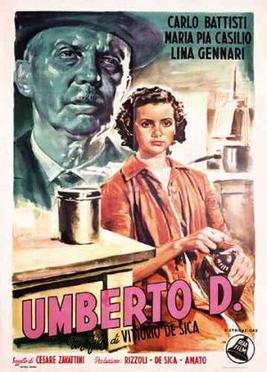A blog formerly known as Bookishness / By Charles Matthews
"Dazzled by so many and such marvelous inventions, the people of Macondo ... became indignant over the living images that the prosperous merchant Bruno Crespi projected in the theater with the lion-head ticket windows, for a character who had died and was buried in one film and for whose misfortune tears had been shed would reappear alive and transformed into an Arab in the next one. The audience, who had paid two cents apiece to share the difficulties of the actors, would not tolerate that outlandish fraud and they broke up the seats. The mayor, at the urging of Bruno Crespi, explained in a proclamation that the cinema was a machine of illusions that did not merit the emotional outbursts of the audience. With that discouraging explanation many ... decided not to return to the movies, considering that they already had too many troubles of their own to weep over the acted-out misfortunes of imaginary beings."--Gabriel García Márquez, One Hundred Years of Solitude
Wednesday, January 25, 2017
Umberto D. (Vittorio De Sica, 1952)
Umberto D. is sometimes grouped with Shoeshine (Vittorio De Sica, 1946) and Bicycle Thieves (De Sica, 1948) as the completing element in a trilogy about the underclass in postwar Rome. Shoeshine could be said to be a film about youth, Bicycle Thieves about middle age, and Umberto D. about old age. All three were directed by De Sica from screenplays by Cesare Zavattini that earned the writer Oscar nominations. Although Umberto D. is unquestionably a great film, it also seems to me the weakest of the three, largely because De Sica and Zavattini can't fully avoid the trap of sentimentality in telling a story about an old man and his dog. Umberto D. also relies too heavily on its score by Alessandro Cicognini to tug on our heartstrings. These flaws are mostly redeemed by the great sincerity of the performances, particularly by Carlo Battisti as Umberto, but also by Maria Pia Casilio as the pregnant housemaid, and Lina Gennari as Umberto's greedy landlady. Battisti, a linguistics professor who never acted before or after this film, is the perfect embodiment of the crusty Umberto Domenico Ferrari, a retired civil servant living on a pension that's inadequate to his needs. We're told that he has "debts," which include back rent to the landlady. He has no family except his dog, a small terrier called Flike, whom he dotes on, and no friends except for the housemaid, whose plight, since she's pregnant by one of two soldiers who have no intention of marrying her, is not much better than his. The film is most alive when it follows these characters on their daily rounds: the maid getting up in the morning and starting her daily chores, which include a continuing battle against the ants that infect the flat, and Umberto walking Flike, encountering old friends who carefully avoid noticing his plight or helping him out of it. He's too proud to beg and unwilling to go into a shelter because he would have to abandon Flike. In the end, he is forced out of the flat by the landlady, and wanders into a park where he tries to give Flike away to a little girl who has played with him there before. Her nursemaid, however, refuses to consider it -- dogs are dirty, she says. In a desperate moment, he picks up Flike, ready to stand in front of an oncoming train and die with him on the railroad tracks, but the dog panics, squirms out of his arms, and runs away. The film concludes with Umberto, having regained Flike's confidence, playing with the dog, their future still uncertain. The inconclusiveness of the final scene helps reduce the sentimentality that has flooded the sequence and focus our attention on Umberto's plight, rather than gratify our desire for closure.
Links:
Alessandro Cicognini,
Carlo Battisti,
Cesare Zavattini,
Lina Gennari,
Maria Pia Casilio,
Umberto D.,
Vittorio De Sica
Subscribe to:
Posts (Atom)
